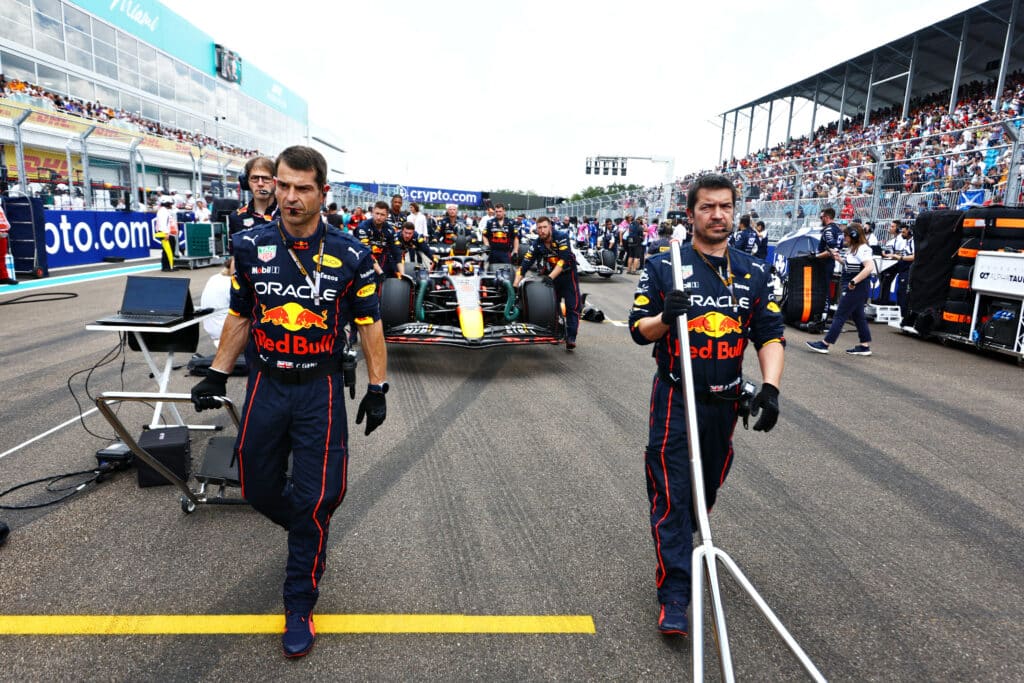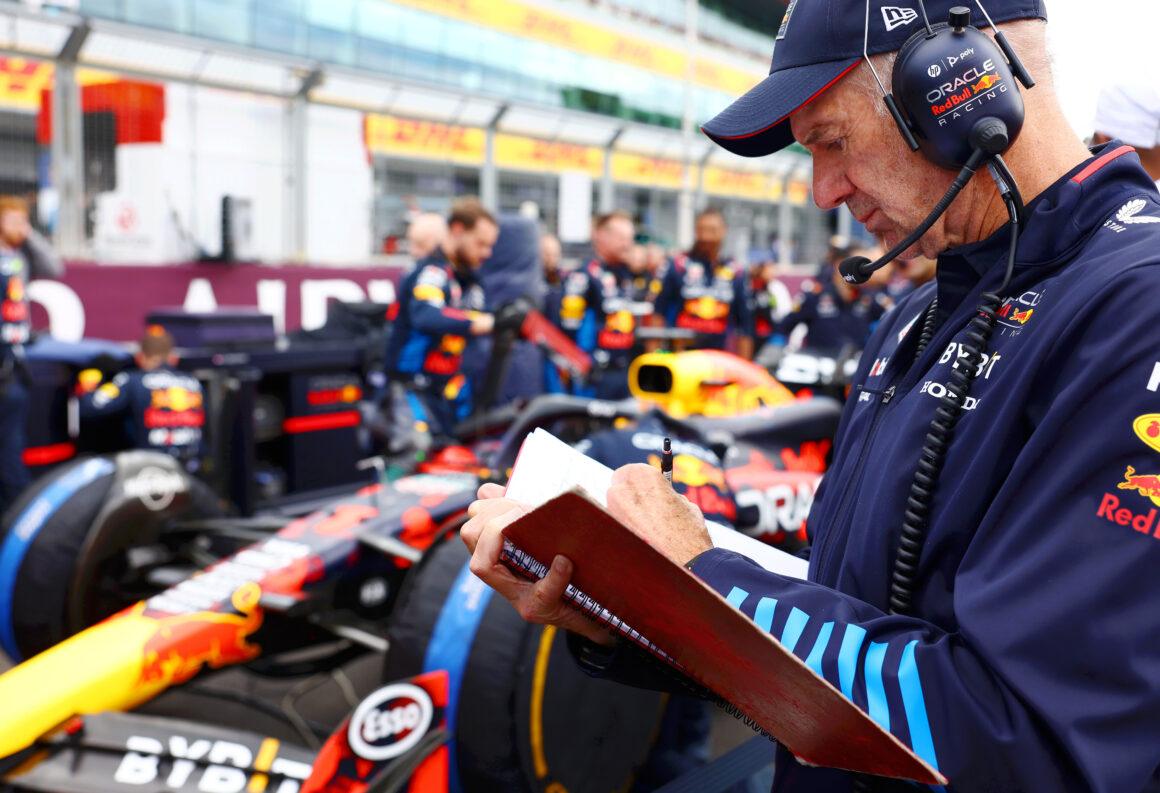Formula 1 has set its sights on achieving climate neutrality by 2030, and one of the major steps towards this goal is the regionalization of the race calendar.
The current race schedules have been criticized for their lack of logic and sustainability, as the teams and equipment must travel vast distances between races in a short period of time. This creates a significant environmental impact, which Formula 1 aims to address in a major calendar overhaul for 2024.
For instance, the recent Australian Grand Prix was a standalone race, not linked to any competition in the vicinity.
Additionally, the upcoming Baku race will be followed by Miami, with teams having to travel two hours ahead from Europe and then eight hours back from Azerbaijan.
Such an illogical schedule has drawn criticism, and F1 management is working hard to negotiate more logical and sustainable schedules with local promoters.
Challenges in Implementing the New Calendar
While there is a push for a more sustainable and logical calendar, many Grand Prix organizers have resisted changing their positions on the calendar.
Factors such as existing contracts and weather conditions have made it difficult to implement changes.
For example, the Miami-Montréal combination was canceled this year because the Canadian organization refused to give up its traditional June slot.
A more cohesive calendar is expected to reduce the total distance traveled by teams, helping to lower F1’s overall CO2 emissions.
However, there are some aspects of the current contracts that cannot be changed. Abu Dhabi, for example, pays a significant sum to host the final race of the season, while Saudi Arabia will be hosting the season opener in 2024, generating extra publicity and revenue. As such, there are certain limitations to the extent of changes that can be made to the calendar.
What to Expect in the 2024 Formula 1 Calendar
The 2024 F1 calendar is expected to feature 24 races, starting with the Saudi Arabian Grand Prix in early March.
Races on certain continents will be more logically linked, such as a potential Grand Prix in South Africa, alongside a return to China for the first time since 2019.
This regionalization will help to reduce the environmental impact of the sport, while also making it more accessible to fans around the world.
Additionally, the F1 Academy, which focuses on promoting women in motorsports, will have its races fully aligned with the premier class from 2024. This demonstrates the commitment of Liberty Media, the owners of Formula 1, to showcase the value of all racing classes and promote a more diverse and inclusive sport.
Moving Towards a Greener Future
Beyond the regionalization of the race calendar, Formula 1 is also investing in sustainable technology for its cars. The new engines, set to be introduced in 2026, will be powered by 100% sustainable fuel.
This marks a significant departure from the roaring V8 and V10 engines of the past, with the current hybrid models (using E10 fuel) already representing a step towards a more environmentally friendly sport.
By addressing the illogical race schedules, investing in sustainable technology, and promoting diversity within the sport, Formula 1 is taking important steps towards a greener and more inclusive future. Fans and teams alike can look forward to a more sustainable, exciting, and accessible racing experience in the years to come.
Source : telegraaf.nl


